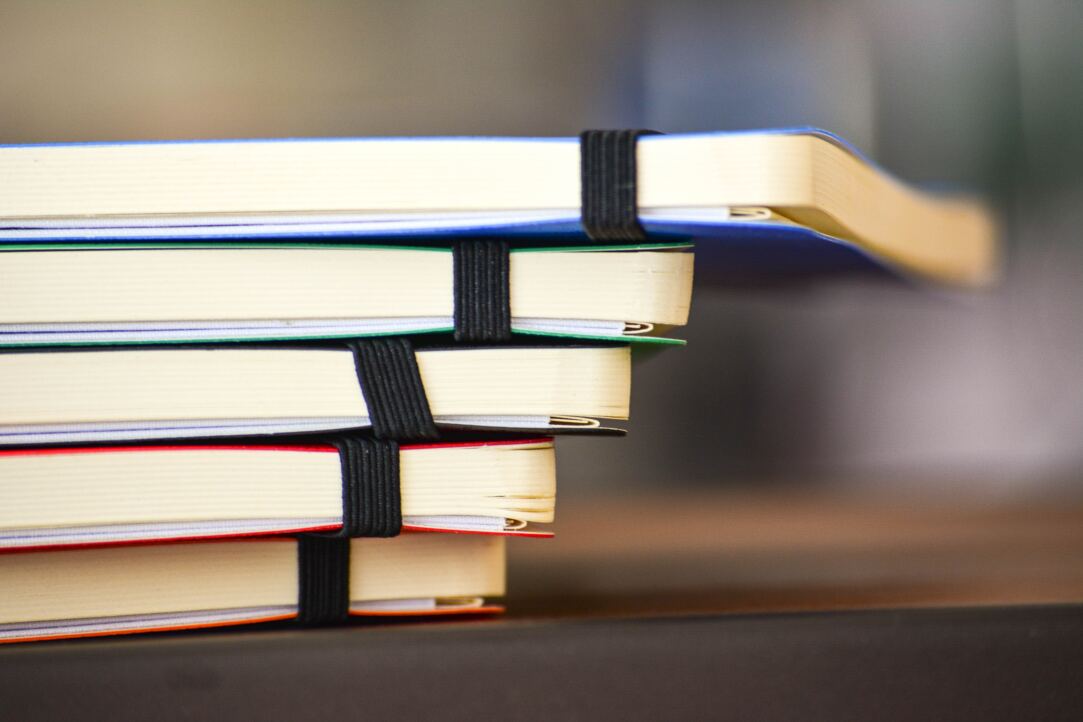Новая статья в Eurasian Geography and Economics
В журнале Eurasian Geography and Economics опубликована статья Юлии Родионовой и Андрея Яковлева «Micro-level incentives and the mechanism of import substitution in Russian public procurement».

Based on a large survey of manufacturing firms in 2018, this research shows that after the first wave of international sanctions imposed on Russia in 2014, along with direct preferences for domestic producers introduced by the government, Russian procurers developed specific mechanisms to stimulate import substitution and simultaneously to ensure an appropriate quality of supply. Contrary to initial expectations, our empirical analysis shows that the import of raw materials, components, or equipment itself did not limit access to public procurement for relevant suppliers. Procurers encouraged suppliers not to refuse to import (since firms without imports did not have any advantages in access to public procurement contracts), but rather to reorient their own purchases to markets where imports competed with Russian analogues and, if necessary, could be replaced by them. The import of modern equipment and technologies was extremely important for the upgrading of Russian manufacturing industry in the 2000s and 2010s. Therefore, the presence of imported inputs can be an indirect attribute of a higher quality of supply. However, international sanctions imposed in 2014 increased the risks of supply disruptions for Russian procurers. The results can be considered an example of the strategic adaptation of procurers at the micro level (outside of the direct procurement regulation) to new market conditions. These findings may be important for understanding how the Russian economy has responded to much larger and more severe international sanctions in 2022.
Статья на сайте журнала.
Родионова Юлия Дмитриевна
Лаборатория «Эмпирический анализ предприятий и рынков в переходной экономике»: Научный сотрудник
